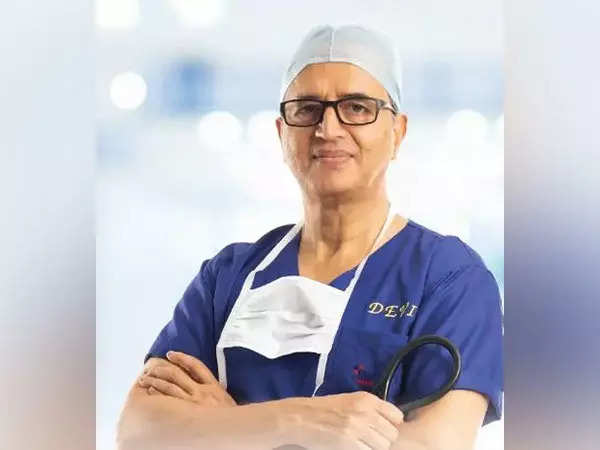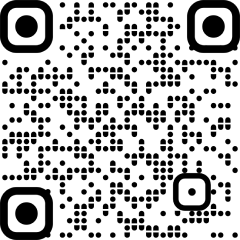
Bengaluru: Across the country, the National Eligibility-cum-Entrance Test-Undergraduate (NEET-UG) is conducted by the National Testing Agency (NTA) for admission to MBBS, BDS, AYUSH, and other related courses in government and private institutions. The NEET-UG 2024 was held on May 5, 2024 across 4,750 centres, with around 24 lakh candidates appearing for the exam. Examination irregularities, including paper leaks, have sparked protests in several cities and intensified clashes between rival political parties.
Dr Devi Shetty, Founder and Chairman, Narayana Health, who also served as the member Board of Governors of the Medical Council of India when the NEET medical examination was conceptualised. Interacting exclusively with ETHealthworld about the recent alleged NEET-UG irregularities, he informed that NEET examinations were born after a well-thought process, “I was one amongst the people involved in conceptualising NEET around 11 years ago when I was then member board of the Governor of the Medical Council of India. Those days, aspiring medical students were crisscrossing the country for two months to appear for 10 different entrance exams. With a huge cost and a mental torture. So we decided that we should have a common entrance exam. That is how NEET was born,” Dr Shetty said.
Indicating the demand and supply gap of healthcare workers globally, Dr Shetty said, “Now a country like India should have at least 10,00,000 medical seats, not 1,10,000 seats, because we are short of more than one million doctors. Globally the shortage is 80 million health workers. And no country in the world has plans to train their own doctors or nurses or technicians, because wealthy countries can always poach doctors. Our doctors are wanted all over the world. A British doctor will never work in the US. A US doctor will never work in England, but Indian doctors are happy to work in any part of the world. This is the way we are. So when we make our plan for the manpower for healthcare, we cannot look at our needs. We should look at the global need, which is 80 million health workers now coming to medical education. Look at how a medical college is built. It costs Rs 600 crore to build a medical college. Nowhere in the world will it cost you that much money to build a medical college.”Drawing an example of how medical colleges can function, Dr Shetty recalled the days he used to be involved in teaching at the Guys Hospital in the UK, he said that the hospital was located in two acres of land. There was no dedicated hostel for the students, professors and associate professors. He said that India has created a utopian medical education system which has ‘failed miserably’.
“If you spend Rs 600 crore to build a medical college, how can you make it affordable to the child coming from a working class family, it is not possible. Today, medical education is an elitist affair. And we will be paying very, very heavily because children from poor families cannot dream of becoming doctors. Outstanding doctors, most of them across the world with magic in their fingers, generally come from deprived backgrounds, as they have the fire in the belly to work for 18-20 hours a day and become outstanding doctors. Now those children are not dreaming of becoming doctors,” Dr Shetty said.
Talking on how to address the current system, Dr Shetty said, “There are 710 or 720 medical colleges. They can easily take an extra 100 students, so you get 70,000 additional seats. There are over 1000 hospitals in India with over 305 hundred beds, which can become a medical college hospital with no investment. Thousands of Indian students go to China, Russia and all those Eastern European countries and learn their language and then become doctors and they come back to India and Indian Medical Council (IMC) conducts an exam and most of them fail. In the process, these kids have wasted six years of their life. And they get a degree which has no value in India. Let students not go outside, let them get educated in India in our own hospitals. When they graduate, let them appear for the entrance exam, which is a tough exam conducted by the Medical Council. Let them conduct those who pass, let them become doctors in India.”
Referring to the Ukrainian war which has left hundreds of Indian medical students stranded, Dr Shetty said, “During this incident the Indian government had to send a plane to bring them. Why bother at all? Let that facility be coming. Let it start in India. Then, when the number of applications and the number of seats match, there will not be scandal.”
Sharing thoughts on the recent NEET irregularities and scandals, Dr Shetty said, “You can get the best brains and get the software which is smarter than you. But scandals in medical education and the NEET system cannot be prevented unless you address the gap of just 1,10,000 seats and 22,00,000 students who are competing for those seats. You look at engineering education. When I was a young man, both of them were corrupt. Now, in engineering education the entrance exam is totally transparent. There is no corruption in the engineering admission process. It is not that engineering colleges are run by more honourable people than the medical colleges. There are more seats in engineering colleges than there are in medical colleges. Unless that happens in medical education, you can never prevent these scandals from happening. Maybe some lucky year, you may get away without any scandal, but it will happen.”
Dr Shetty reiterated, “The first thing they can do is they can immediately add another 70,000 seats without much effort. That is one of the suggestions I have but I am not an expert in conducting exams. But one thing I’m sure of, as long as there is a huge disparity, corruption scandals will happen. You can’t stop it.”







